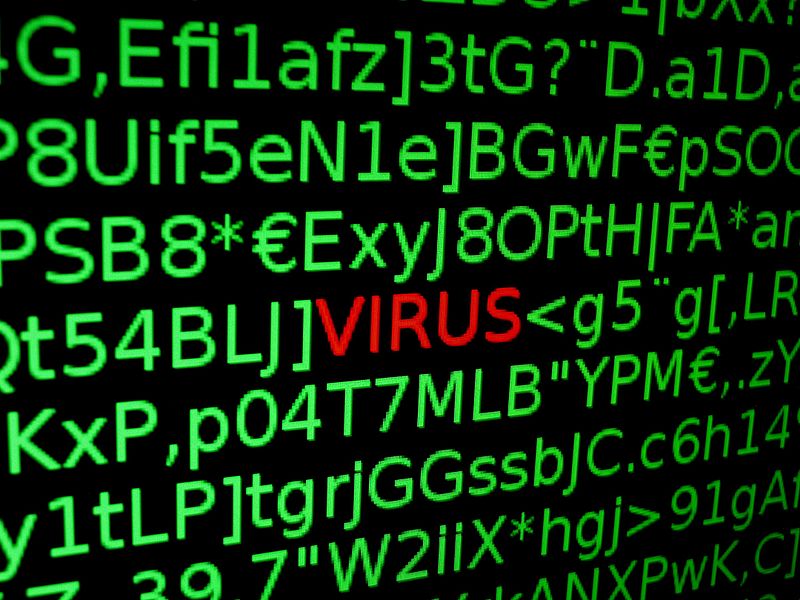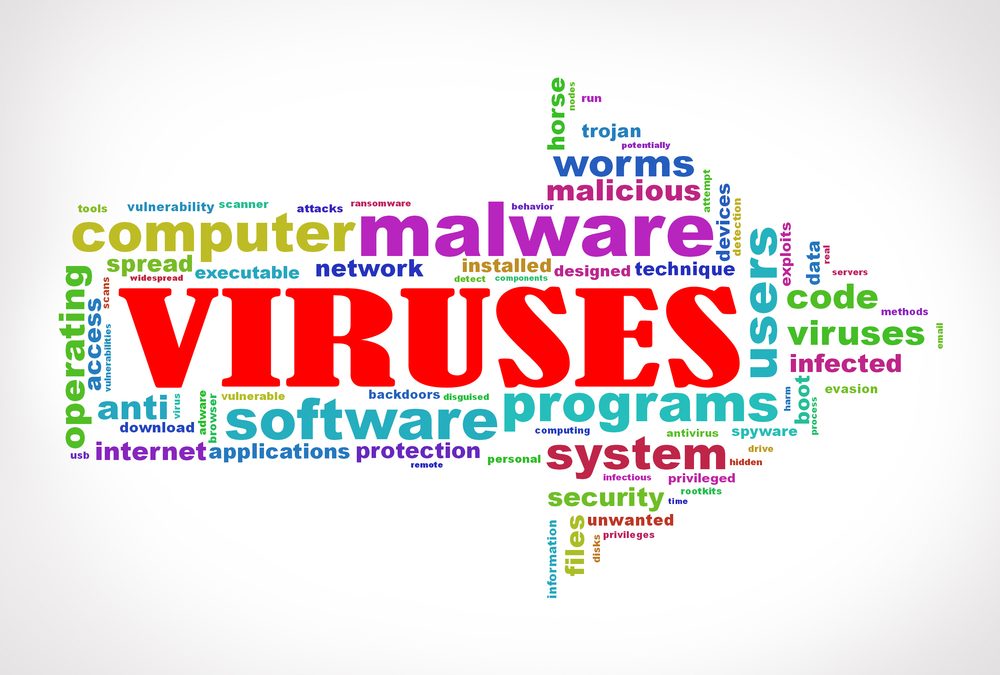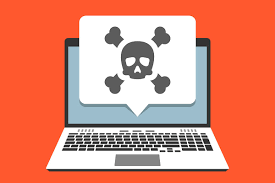Menu
By Products
What is Virus?
Virus: A program or piece of code that is
loaded onto your computer without your
knowledge and runs against your wishes.
Requires a human action to spread infection.
Viruses are executed via executable files.
It can delete files, format hard disk, take up system resources that will cause system crash or shutdown.
What Do Viruses Do?
Virus Do: Some aggressive viruses—such as the Melissa virus—automatically duplicate copies of itself to the first 50 people in your computer email address book. A frightening prospect— opening an email from someone you trust to be greeted by a virus, and that’s exactly what the author is counting on, your trust. The damage caused by these viruses varies from minor delays in computer function to complete destruction of your hard drive. For companies, the price is far higher. A downed website can cost a company millions of dollars a day.
What Should I do if I have a Virus?
Clean your computer with anti-virus software. If your computer is still not functioning and you have data you are concerned about recovering, consider hiring a trusted expert. Often data can be successfully extracted from an injured hard drive, but the process is complex and will involve another computer, special software, and a technician with a lot of experience in data recovery.
First Virus
Prior to 1988, most viruses were mere annoyances and virtually harmless. In January of 1986, the first virus written for Windows based PCs was born. Known simply as “Brain,” it was written by two brothers, Basit and Amjad Farooq Alvi, who were only 17 and 24 years old at the time. The brothers had created a heart-monitoring program, and it had come to their attention that pirates were distributing the software without the brothers’ permission. Brain was developed as a way to try to regulate and protect the software they created.



